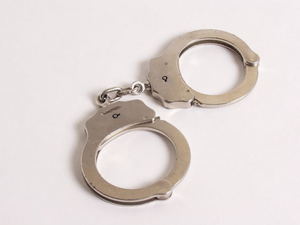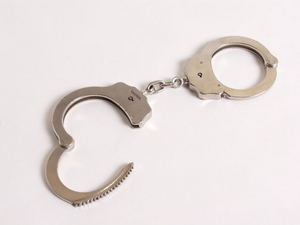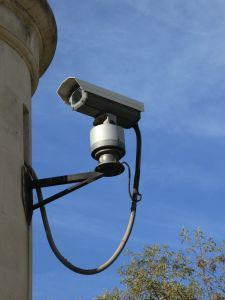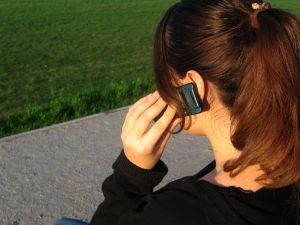There is a popular, viral meme that states something to the effect: “A good friend will bail you out of jail. A best friend will be sitting next to you in the cell.”
It’s intended to elicit a chuckle, but the reality is, helping a friend or family member commit a crime – or covering for him after – is no laughing matter. Particularly in cases of felonies, those who assist in committing crimes or covering for someone, can face serious penalties.

A recent example of this was seen in the federal case of U.S. v. Marion, where a defendant pleaded guilty to a charge of accessory after the fact. He reportedly helped his cousin hide from a shooting and carjacking spree that left one man dead and several other people traumatized.
Continue reading
 Fort Lauderdale Criminal Attorney Blog
Fort Lauderdale Criminal Attorney Blog











